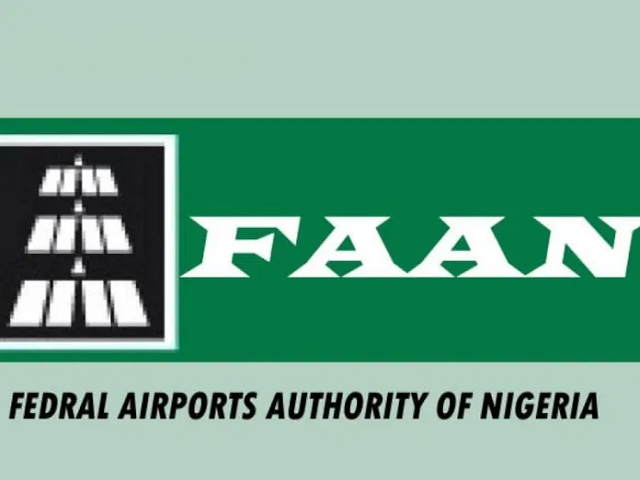The actual status of air travel, its traffic and the attendant total ticket sales nationwide are yet a subject of controversy among aviation stakeholders.
While the body of travel agencies, the downstream sector of the industry, has declared N525 billion ($1.5 billion) ticket sales for 2018, suggesting a comparative improvement in traffic, the Global Distribution Service (GDS) providers, the middle men between the airlines and agencies, have shown another five per cent decline in crowd with implications for revenue.
Indeed, the disparity is not new to industry. However, the problem puts the accuracy of figures, revenue estimates, growth projections and potential investments at risk. And as if to worsen the situation, the apex regulator, the Nigerian Civil Aviation Authority (NCAA), has kept mum on the industry’s total revenue for the period under review.
The regulator, which on behalf of other agencies, collects five per cent Passenger Sales Charge (PSC) on every ticket and Cargo Sales Charge (CSC) on freights, estimated that 14.17 million passengers flew last year.
Compared to 2017, where 11.3 million passengers travelled, the 2018 figures represents a 20.8 per cent traffic upsurge.
According to the NCAA, 34 airlines on the international routes operated 15,645 flights and flew 4,079,078 passengers during the period.
Meanwhile, nine domestic airlines operated a total of 59,818 flights and airlifted 10,092,648 passengers across the federation.
The traffic increase notwithstanding, the agency has remained silent on the revenue generated. Unlike previous years where its Director-General, Capt. Mukhtar Usman, at the beginning of a new year, disclosed the previous period’s performance and revenue, the body was yet to make available a comprehensive industry review for the outgone 12 months.
President of Sabre Network West Africa, a leading GDS provider, Gbenga Olowo, insisted 3.6 million international passengers flew in 2018, contrary to NCAA’s four million tally.
Olowo noted that the estimates again “confirmed the five per cent decline in traffic, which has been consistent since 2015.”
Olowo, who is also the President of Aviation Safety Round Table Initiative (ASRTI), a think-tank group of the industry, said the last time the industry recorded growth was in 2014, with agency booking volume in excess of four million foreign passengers.
“But since 2015, it has been a continued decline. 2015 recorded 3.79 million, 2016 had 3.99, 2017 was 3.78 million and 2018, 3.6 million, a five per cent decline,” he stated.
But the president of the National Association of Nigerian Travel Agencies (NANTA), Bernard Bankole, faulted the claim, stating that it contradicted the sales earnings his members and the revenue figures released by the International Air Transport Association (IATA).
He said: “If the industry that made $1.4 billion (N490 billion) in 2017 ticket sales turns in $1.5 billion in ticket sales (N525 billion) in 2018, it means we have made progress and not decline as they (GDS) are claiming.”













